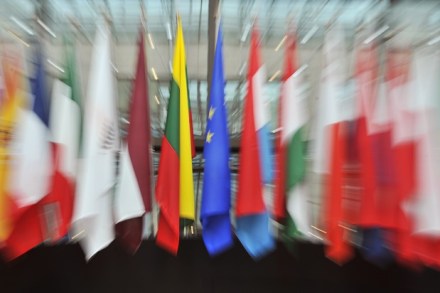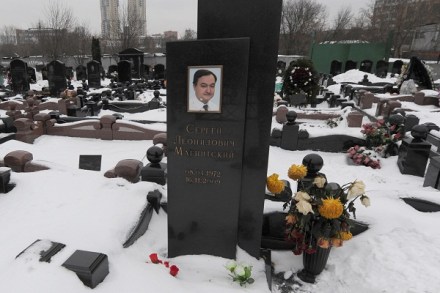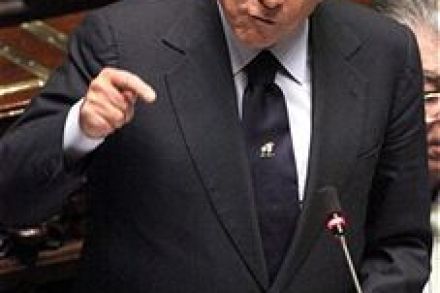The EU is corrupt because southern Europe is corrupt
What with Britain’s dreadful performance in the PISA educational rankings, there has been comparatively little attention given to another international league table– Transparency International’s Corruption Perception Index. The good news is that Bulgaria and Romania, with whom we will become much more intimate next month, are already in the EU’s top 5 for corruption, placed 2nd and 4th, with Greece, Italy and Slovakia filling out the leader board. I don’t object to Romanian and Bulgarian EU citizens being able to come to Britain as such, I object to the very idea of these countries joining the polity of which I am a member. But then I’m not too happy about

















